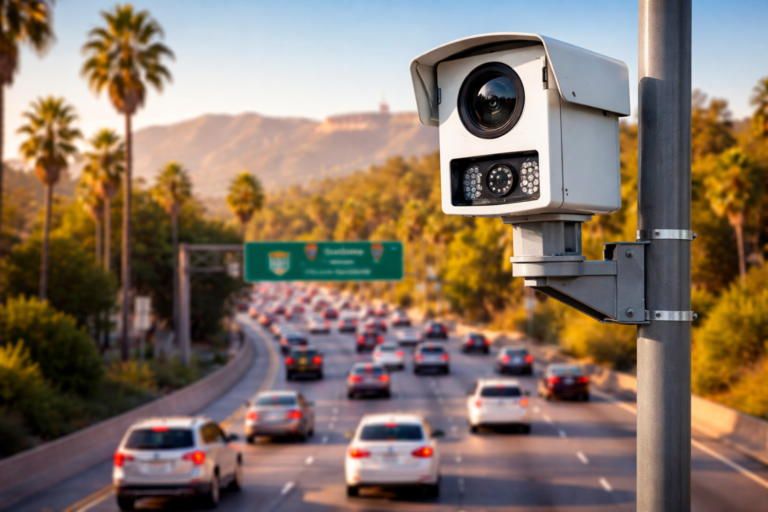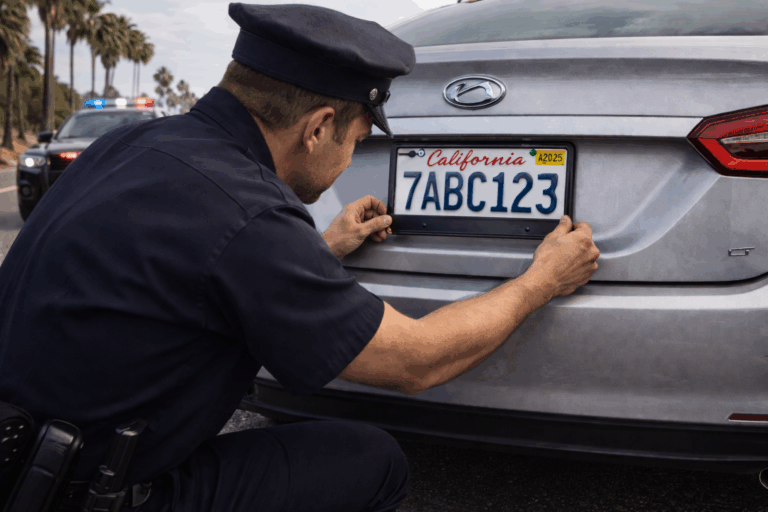California drivers as well as those who are just passing through should be aware of the state’s four major speed laws. If you run into trouble and receive an expensive fine or points on your license, speeding ticket lawyers can advocate on your behalf. Here’s what you need to know.
Basic Speed Law
According to the California basic speed law, drivers cannot exceed a safe speed for the current road and weather conditions. Even when you are adhering to the posted speed limit, you can get a ticket if the officer determines you are driving too fast for the number of cars on the road, the road surface, the general flow of traffic, the weather and/or the presence of cyclists or pedestrians.
Maximum Speed Law
This law prohibits drivers from exceeding a posted speed limit. On most California highways, the maximum speed is 65 miles per hour though some roads allow a speed of up to 70 mph. For a two-lane highway with no dividers, 55 mph is the maximum speed limit unless otherwise posted.
Minimum Speed Law
The minimum speed law says that drivers can be cited for driving too slow if they are interrupting the flow of traffic. In addition, some roads have a posted minimum speed limit.
Prima Facie Speed Limit
This California law establishes maximum speed limits that must be observed in areas where no speed limit is posted. Prima facie speed limits include:
- 25 miles per hour in school zones, residential areas and business districts
- 15 miles per hour in alleys, railroad crossings and highway intersections with less than 100 feet of visibility
A first-time speeding offense carries a fine of up to $100 depending on the circumstances of your case. If you were driving faster than 100 mph, you could receive a six-month license suspension and a $500 fine. Subsequent offenses carry higher fine and even jail time. If you’ve been charged with breaking any of these four speed limit laws, a driving accident lawyer can fight for you in court.



